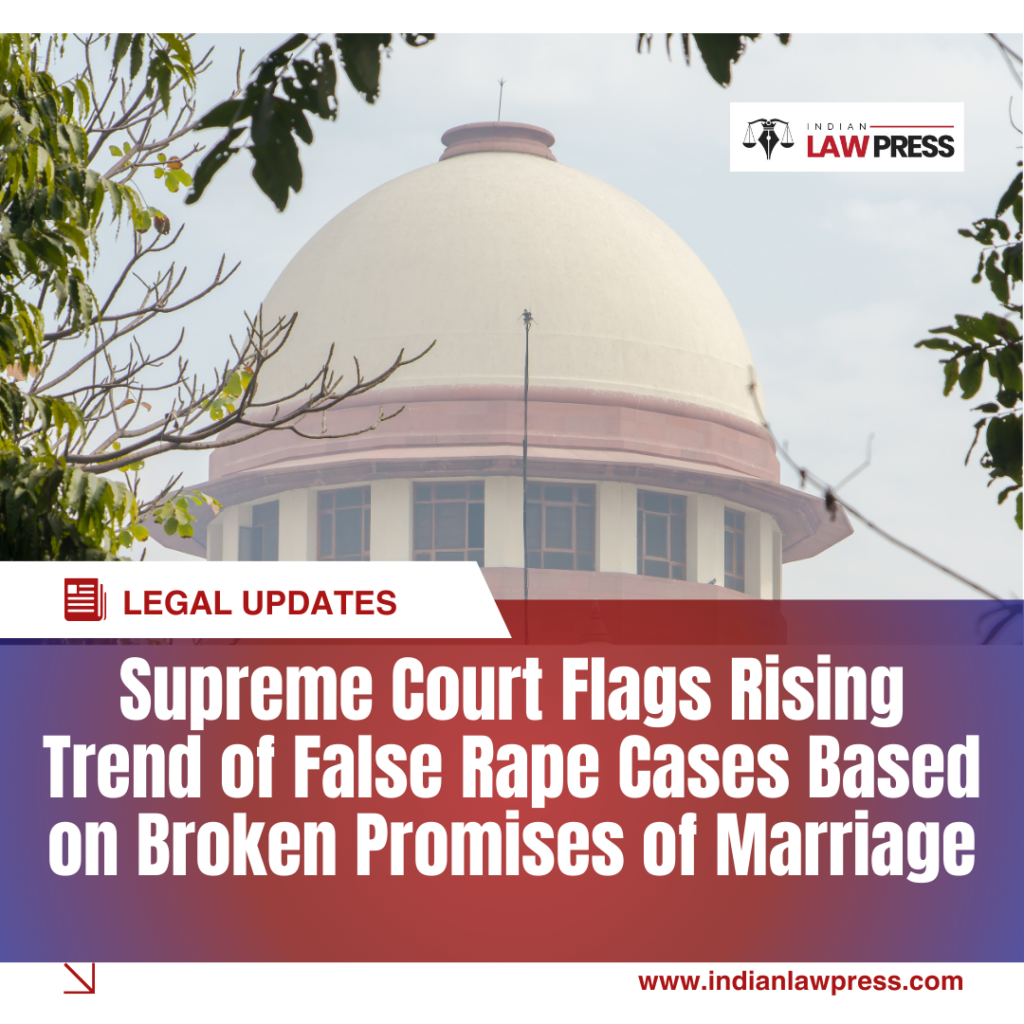In a landmark ruling, the Supreme Court has held that secretly recorded phone calls between spouses are admissible in divorce cases. Here’s what the judgment means for privacy, evidence law, and matrimonial disputes in India.
Supreme Court Allows Secretly Recorded Calls as Evidence in Divorce Case
In a significant judgment delivered on July 14, 2025, the Supreme Court of India set aside a Punjab & Haryana High Court decision and ruled that a secretly recorded telephonic conversation between spouses is admissible in matrimonial proceedings.
The apex court bench comprising Justice B.V. Nagarathna and Justice Satish Chandra Sharma clarified that such recordings do not constitute a breach of the fundamental right to privacy, especially when used in court to establish claims like cruelty or mental harassment in divorce matters.
Key Legal Issue: Is It a Breach of Privacy?
The Punjab & Haryana High Court had previously ruled that recording a wife’s conversation without her consent amounted to a “clear breach” of her right to privacy and was inadmissible in court.
However, the Supreme Court disagreed, stating:
“There is no breach of privacy in the present case. Section 122 of the Indian Evidence Act does not recognize such a right. Rather, it provides an exception in cases where the spouses are litigating against each other.”
The court stressed that the right to privacy under Article 21 of the Constitution cannot override the right to a fair trial, which includes presenting relevant evidence.
Understanding Section 122 of the Indian Evidence Act
Section 122 prohibits disclosure of marital communications except in legal proceedings between spouses or when one is being prosecuted for a crime against the other.
The Court ruled that:
The privilege under Section 122 is not absolute.
It must be read in light of the exception, which supports the right to a fair trial.
The bench firmly rejected the idea that accepting such recordings as evidence would harm domestic harmony, observing:
“If spouses are already snooping on each other, it is a sign of broken trust. Such surveillance is a symptom—not the cause—of a deteriorating marriage.”
Background of the Case: Vibhor Garg v. Neha (SLP(C) No. 21195/2021)
This case stemmed from divorce proceedings under Section 13 of the Hindu Marriage Act, 1955.
The husband submitted a CD containing recorded conversations to prove allegations of cruelty.
The wife challenged this at the Punjab & Haryana High Court, which ruled in her favor, citing violation of privacy.
The husband appealed to the Supreme Court, which eventually reversed the High Court’s verdict.
The husband’s counsel, Advocate Ankit Swarup, argued that:
The right to privacy isn’t absolute.
In cruelty-based divorce claims, events within the home often lack third-party witnesses, and audio recordings may serve as vital evidence.
Sections 14 and 20 of the Family Courts Act, 1984 support flexibility in admitting such evidence for fair adjudication.
Court’s Final Word
Justice Nagarathna emphasized:
“The section does not touch upon the right to privacy under Article 21, let alone invade it. It acknowledges the right to a fair trial, the right to produce evidence, and the right to prove one’s case.”
The bench also noted that courts must assess the authenticity and relevance of such electronic records before relying on them.
Conclusion: A New Precedent in Family Law
This Supreme Court ruling marks a crucial shift in how Indian courts view privacy within marriage, especially when weighed against the need for truth and justice in matrimonial disputes.
It also offers clarity on Section 122 of the Indian Evidence Act, setting a binding precedent for lower courts handling divorce and cruelty claims.
Also Read: Supreme Court Withholds Sentence in POCSO Case Citing Victim’s Trauma from Legal Fallout
Stay Updated with Legal Developments
Follow us for more insights on landmark judgments, legal reforms, and case laws that shape India’s legal landscape.





